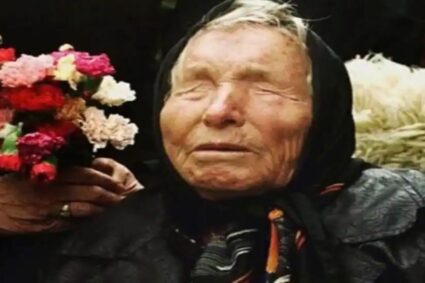

A young Iranian woman has died after falling into a coma following her detention by morality police enforcing Iran’s strict hijab rules, her uncle was quoted as saying on Friday, in a case that has sparked protest by Iranians on social media.
The interior ministry and Tehran’s prosecutor launched probes into the case of Mahsa Amini after a call by President Ebrahim Raisi, state media reported, but her uncle was quoted by the Emtedad news website as saying the 22-year-old has died after being taken to a hospital following her detention at a station of the morality police.
State TV confirmed her death in a rolling news text without giving details.
In the past few months, Iranian rights activists have urged women to publicly remove their veils, risking arrest for defying the Islamic dress code as the country’s hardline rulers crack down harder on “immoral behaviour”.
Subscriber Only Stories
Police said Amini had suffered a heart attack after being taken to the station to be “convinced and educated,” state television said, denying allegations she was beaten.
Following the calls for anti-hijab protests, videos posted on social media showed cases of what appeared to be heavy-handed action by morality police units against women who had removed their hijab.
On Friday, outspoken reformist politician Mahmoud Sadeghi, a former lawmaker, called on Supreme leader Ayatollah Ali Khamenei to speak out over Amini’s case.
Advertisement
“What does the Supreme Leader, who rightfully denounced U.S. police over the death of George Floyd, say about the Iranian police’s treatment of Mahsa Amini?,” Sadeghi said on Twitter.
In 2020, Khamenei said George Floyd’s killing in police custody had exposed the “true nature” of U.S. rulers.
Under Iran’s sharing (Islamic) law, imposed after the 1979 revolution, women are obliged to cover their hair and wear long, loose-fitting clothes to disguise their figures. Violators face public rebuke, fines or arrest.
Advertisement
Decades after the revolution, clerical rulers still struggle to enforce the law, with many women of all ages and backgrounds wearing tight-fitting, thigh-length coats and brightly coloured scarves pushed back to expose plenty of hair.





